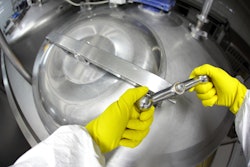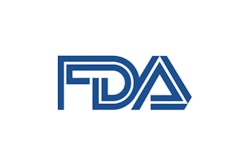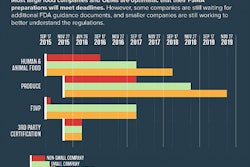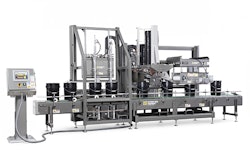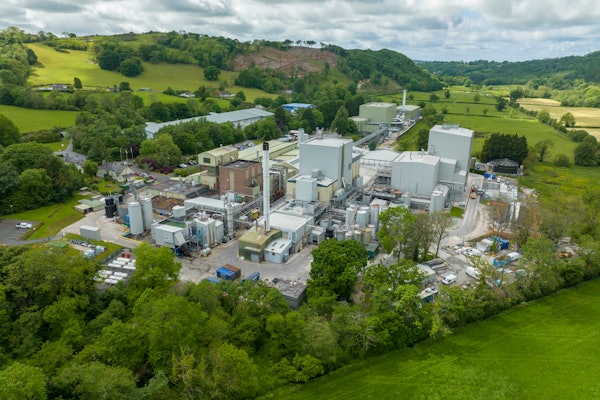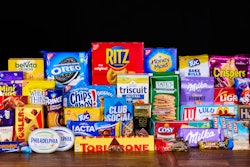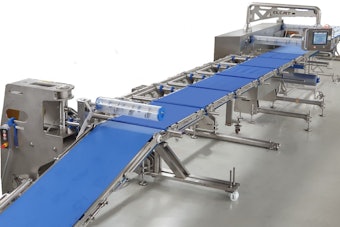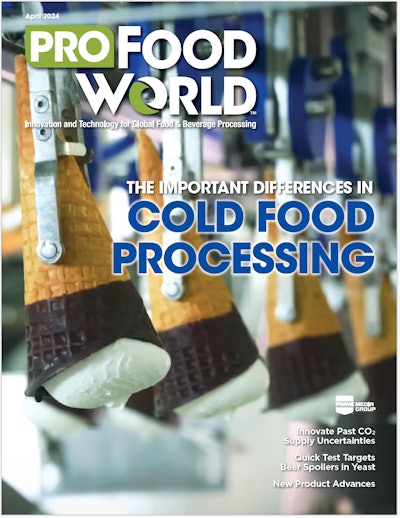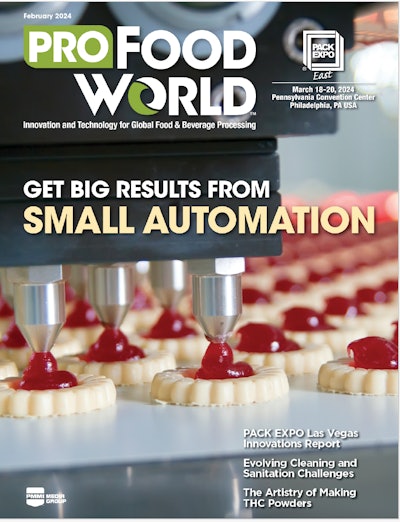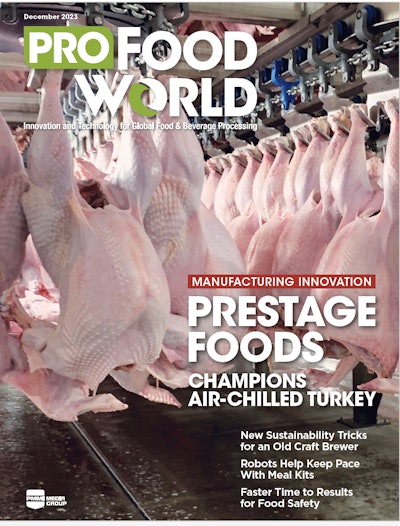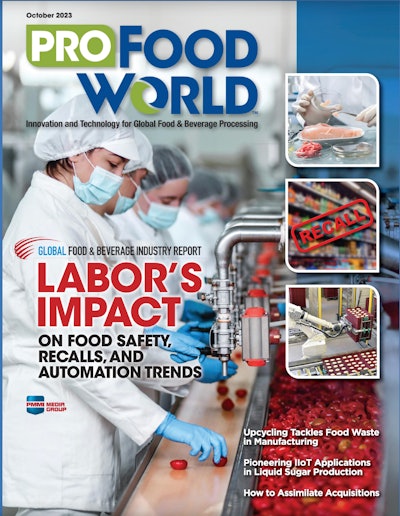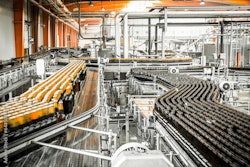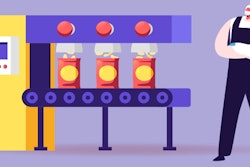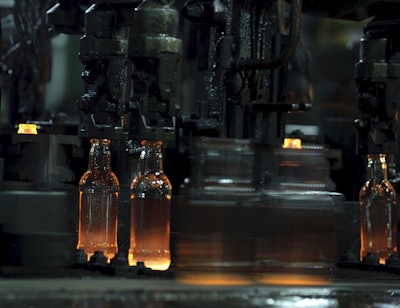
When it comes to making beer, it’s critical that brewers monitor the carbon dioxide content during the fermentation process. That’s why brewers need to keep in mind that carbon dioxide from an unqualified source has a high potential to contain compounds detrimental to the quality of the product and to consumers’ health.
“Selecting a carbon dioxide supplier is truly a buyer beware activity,” says Bob Yeoman, president and CEO of B&R Compliance Associates, Lehigh Valley, Pa. “The source of the carbon dioxide, the grade of that CO2 and the quality management programs and analytical equipment the supplier has in place all play a determining role in assuring the quality and safety of the product purchased by a brewer. Every brewer should have a rigorous supplier qualification process in place that ensures their supplier is delivering beverage-grade carbon dioxide.”
There are two cornerstone requirements for carbon dioxide suppliers.
“The first is qualifying their bulk supplier and the ultimate source of their product. It is critical to know that the supply of CO2 is of the proper grade, that the manufacturer has the proper analytical equipment to test that product, and most importantly, has implemented a robust set of programs to monitor, manage and control all aspects of product quality and food safety,” says Yeoman. “The second key program is the qualification of consumer containers, such as liquid and high cylinders, prior to refilling. It is not uncommon for those containers to become inadvertently contaminated by the user. If those containers are not properly checked and qualified prior to refilling any potential contaminant gets passed onto the next customer who uses that cylinder. High-pressure cylinders should have a special non-return valve, or the re-filler should have a process to verify the cylinder contains no potential contaminants.”
Many of today’s brewers bring in carbon dioxide from outside sources such as suppliers, which can sometimes pose some food safety challenges. Yet, there are a number of resources available for brewers and other beverage processors to ensure compliance with the Food Safety Modernization Act (FSMA) and other various food safety regulations.
For example, B&R Compliance is developing a Hazard & Risk-Based Preventative Control (HARPC) program, a turnkey FSMA compliance program for food and beverage as users.
“Our program covers the entire supply chain, from supplier qualifications to conducting risk assessments filling consumer containers and delivery of products to customers,” says Yoeman. “We can provide a full suite of programs and procedures, employee and manager training and full technical and regulatory support.”
Meanwhile, the International Society of Beverage Technologists (ISBT), Dallas, Texas, created the ISBT Bulk Carbon Dioxide Quality Guidelines and Analytical Methods, CGA Publication G-6.2 Commodity Specification for Carbon Dioxide and the EIGA Publication IGC Doc 70 Carbon Dioxide Source Qualification, Quality Standards and Verification for producers to refer to for best practices and regulations in gas handling, food safety and quality.
“ISBT guidelines are valuable because they are established by members who represent users and suppliers across the entire range of the industry,” says Larry Hobbs, executive director of ISBT. “Beverage processors may be large or small. They may receive gas in a 20-ton bulk delivery, a 3- to 4-ton tote or a cylinder for fountain use. The ISBT has three guidelines that cover this spectrum—Bulk Carbon Dioxide, Fountain Carbon Dioxide and Beverage Grade Nitrogen. Each outlines best practices in the industry for safety in handling as well as testing methods and critical parameters for use in beverage products, which have additional specific sensory and quality demands.”
Linde, LLC, a Murray Hill, N.J.-based subsidiary of Linde North America, Inc., operates an extensive industrial gas production and supply network that ensures the reliable delivery of high-quality food and beverage gases and gas mixtures.
“The beverage industry has always been focused on quality standards because CO2 is an ingredient in their product,” says Sal Calandra, food quality and safety manager for Linde, who is also on the board of directors for ISBT. “We see brewers of all sizes beginning to adopt guidelines consistent with ISBT. However, some food and beverage gas distributors or craft breweries may not be aware of the new FSMA requirements or the recently updated ISBT Fountain Carbon Dioxide Quality & Food Safety Guidelines.”
The regulatory and quality environment of beverage gas production is rapidly changing.
"Producers need to work closely with their suppliers and the relevant technical associations in the industry to ensure compliance to new developments and technologies,” says Hobbs.
Furthermore, there are no shortcuts in meeting FSMA and other food safety guidelines.
"If a brewer’s supplier states they are exempt from a specific FSMA requirement, such as allergen control or cleaning and sanitation, then I strongly recommend that brewer look very closely at that supplier, as that carbon dioxide vendor likely does not have a sufficient grasp of food safety and FSMA to consistently provide beverage-grade products,” says Yeoman. “If the brewer does not feel they have the expertise to adequately qualify their carbon dioxide supplier, then we recommend they seek professional third-party assistance.”
